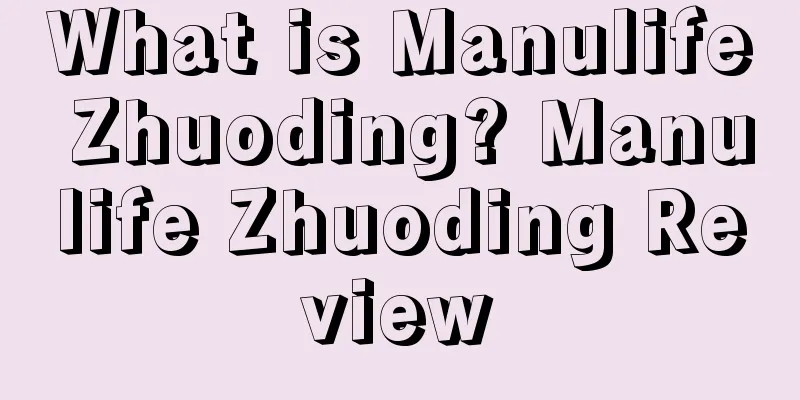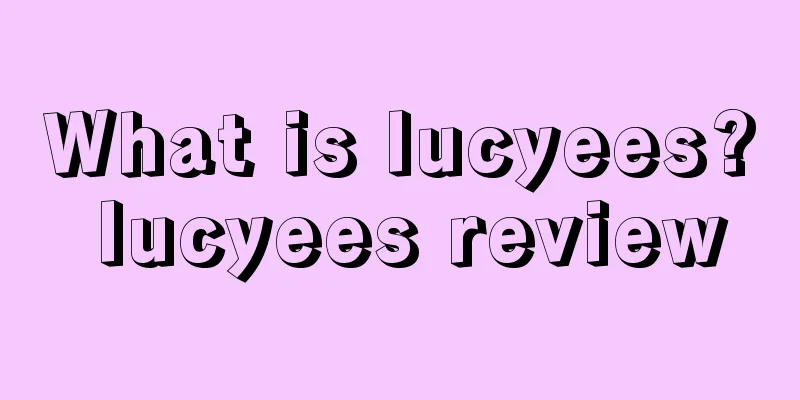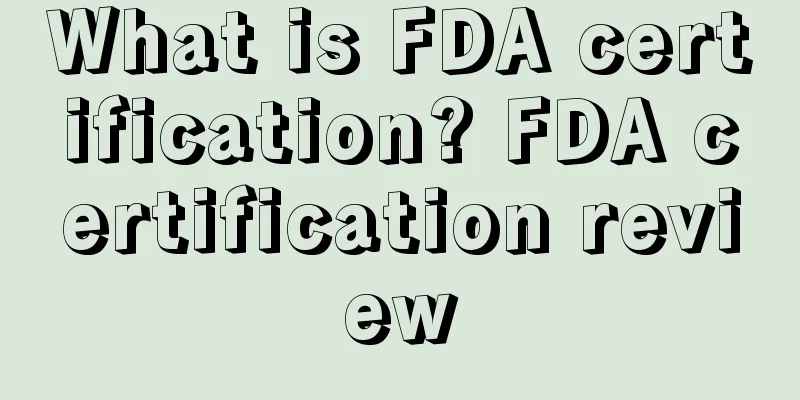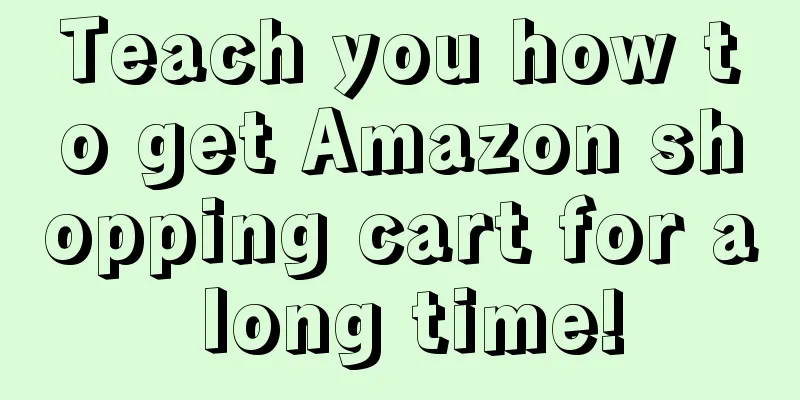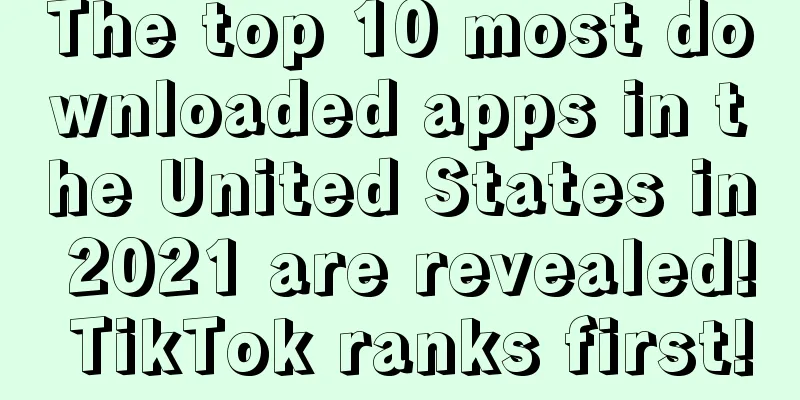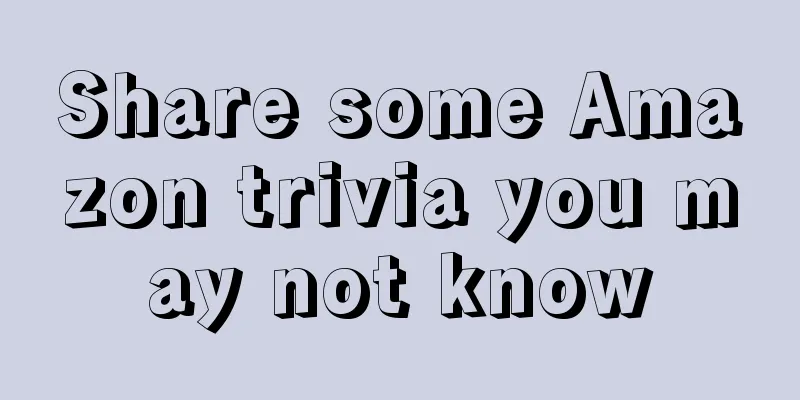Google officially opens Bard public beta, starting with the UK and the US
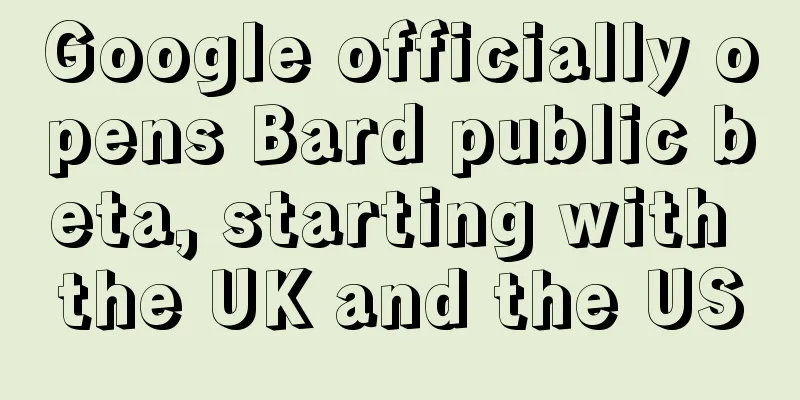
|
It is learned that on March 21, Google announced the official opening of the public beta of Bard, its ChatGPT competitor. It will first be launched for users in the United States and the United Kingdom, and will also be open to users in other countries as the test progresses.
Google said that users in the UK and the US can now queue up at bard.google.com, and test spots will be released gradually. In addition, the initial version will only respond to texts.
When asked about the difference between Bard and Microsoft's new version of Bing, Google pointed out that the usage patterns and functions of the two are basically the same, and Bard also provides users with a separate chat interface to respond to users' text content.
The difference is that Google's Bard is more of a supplement to its search engine rather than a complete replacement. Bard calls itself "your creative collaborator."
Demonstrating the website bard.google.com, Krawczyk, Google’s senior product director, showed how the program could generate blocks of text instantly, unlike ChatGPT, which requires you to type in answers word by word.
Bard also includes a feature that displays three different versions or "drafts" of any given answer, and users can select any of them and click a "Google it" button if they want to see relevant search engine results.
Unlike ChatGPT, Bard is not proficient at generating computer code, according to a Google press release. Google also said it has limited Bard's memory of historical chat content and that it has no plans to introduce advertising for Bard.
So far, Google has been more cautious in promoting its conversational AI products to users, in contrast to Microsoft.
Google has been highlighting the potential for inaccuracies in Bard's responses, which were accompanied by error messages in the text of Bard's responses. Last month, a promotional video showed Bard answering a question incorrectly, causing Alphabet's market value to shrink by $100 billion.
In addition, Google has introduced a thumbs up or thumbs down button in Bard, which allows users to click thumbs down when they are dissatisfied with the content of Bard's reply or even when there is an obvious error. Google emphasized: "We know the limitations of this technology, so we want to be very cautious when rolling it out."
Editor✎ Ashley/ Disclaimer: This article is copyrighted and may not be reproduced without permission. |
Recommend
Walmart launches conversational shopping "Text to Shop"! Challenge Amazon Alexa!
Walmart recently launched a new service called &qu...
Let’s talk about how to use TIkTok to drive traffic to Amazon stores
Entering Q4, it is the peak season for e-commerce....
Watch out! Amazon 2025 will also have very strict restrictions on brand names!
Some sellers have recently reported that in addit...
Attention! Amazon warns of this common shipping operation! A large number of sellers suffer
In recent days, a new policy performance issue has...
A bug was discovered in Amazon's backend! Flash sales were inexplicably cancelled!
In the past two days, many sellers have reported ...
Latest! New rules for US trademarks make these sellers laugh
Breaking news! The United States Trademark Office ...
Survey on social media platform preferences of American teenagers: YouTube and TikTok top the list
It is learned that recently, according to foreign ...
Target's peak season traffic increased by 6.2%! Surpassing Walmart and Best Buy!
<span data-shimo-docs="[[20,"获悉,据路透社研究,202...
What is Amazon Map Tracking? Amazon Map Tracking Review
Map Tracking was launched in November 2017. Amazon...
What is AMZDiscover? AMZDiscover Review
AMZDiscover is a tool for mining Amazon reviewer r...
Blocked sellers collectively sued Amazon! Can the frozen funds be recovered?
▲ Video account focuses on cross-border navigation...
What is Lithium? Lithium Review
Lithium is an effective social media marketing too...
Many warehouses are overwhelmed! Sellers are blocked for claiming lost FBA items?
Normal, once there is data abnormality, such as s...
Reversal! USPS resumes accepting packages from China
It is learned that on February 5, local time, the ...
Sellers, please note that another free service is about to be discontinued! It will be too late if you don't use it now......
The latest news is that on December 25, Amazon is...
